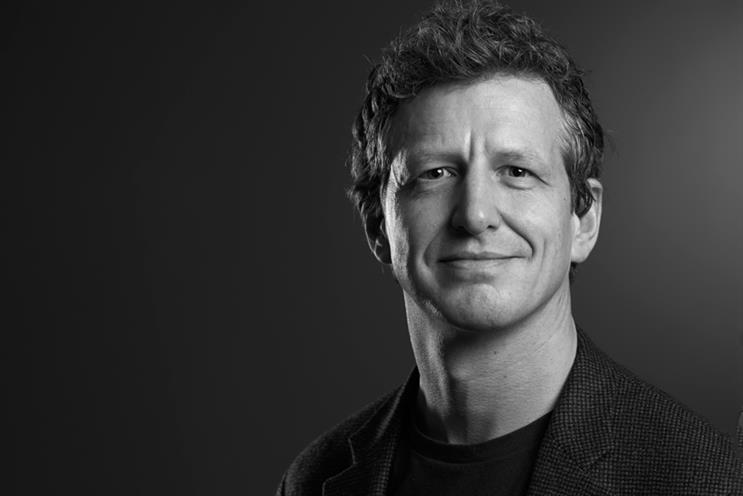Last month saw the first London Mayoral digital hustings hosted at the Here East creative campus. A captive audience of almost 1000 delegates, representing commercial and public sector interests, sat ready to hear what Sadiq, Zac & co had to say about our city’s digital future.
What followed was a disappointing although, on reflection, recognisable response - disappointing as the candidates could not have faced a more open-minded and progressive audience; recognisable as we have all witnessed how even a city as 'connected' as London, struggles to keep pace with the opportunities tech presents.
As we set off for SXSW 2016, I feel the usual fizz of excitement and optimism that this trip always delivers. The digital hustings elicited the opposite response. Whether it be notspots in Wapping, infrastructure investment in Westminster or attracting and keeping exceptional tech talent - these challenges are real and important and require a mayor who has the vision and confidence to tackle them.
Politics at the heart
In London alone, it can take suppliers up to nine months to install a new residential connection
This of course isn't unique to London. Cities around the world are facing similar trials and leaning on their policymakers to ensure their cities are the smartest they can be and offering the greatest opportunity for their populous.
With momentous political decisions being made on both sides of the Atlantic in 2016, it's no surprise that politics is at the heart of this year’s SXSW schedule. An opening keynote by the Leader of the Free World is a huge statement of how intertwined technology and politics have become.
If POTUS himself isn’t enough to get you there (not to mention FLOTUS on the 16th), this year a tantalising stream of panels, features, workshops and book readings should get your vote, whatever way you lean politically.
Public issues and policy have never been far from the stage at SXSW. One of the most inspiring keynotes I've seen at the festival was with Jennifer Pahlka. As co-founder of Code for America she described how matchmaking software geniuses with US cities could reboot local services. But what gems does this year have in store..?
Using technology as a powerful force for good is a recurrent theme. This is especially true at the intersection of technology and open data and how this combination can empower citizens. America’s chief technology officer, Megan Smith, will explore how the Obama administration is aiming to transform government services. Previously as joint head of moonshoots at Google[x], Megan is well practiced in 10x innovation and it will be exhilarating to hear how she is applying her experience to the t.
Digital inclusivity will almost certainly feature and the debate about how fundamental digital services can be provided to all is essential for communities to develop. Broadband is widely regarded by many as the fourth utility, yet in many places the demand for connectivity and reliable speeds places many providers under enormous strain. In London alone, it can take suppliers up to nine months to install a new residential connection.
Network service quality also has an impact on business and commercial operations. In cities where connectivity issues are most pronounced, new solutions are being trialled. Public-private partnerships could be the path to one solution. For example, Google working with Kansas City, or Santa .
The Power of big data
How could I not mention the 'Snapchat Presidency'? Against a backdrop of fierce presidential campaign trailblazing, there is much to discuss on the best ways for the future leader of the free world to reach the audiences that count. With Obama dubbed the 'Facebook President', emerging platforms are proving pivotal tools in every candidate’s arsenal. Legendary US news anchor Dan Rather, alongside Mashable Exec Editors Amanda Willis, .
It isn’t just platforms the presidential candidates are flocking towards to improve their comms plans and engage the politically apathetic. Big data analytics will influence the billions of dollars spent on the White House race. Artificially intelligent systems are the new weapons of choice for political strategists to test theories and ensure a win. Let's hope they’re not using the same presidential predicative tech that us Brits chose for the 2015 election.
While we might not be quite ready for officially labelling it 'PolTech', SXSW 2016 provides a great stage for these two huge themes to meet. So what should our own politicians and governments take from Texas to build into their manifestos? It seems that the definition of successful communities, societies, cities and countries is evolving. Economic measures of GDP and political influence are being overtaken by quality of life, innovation and citizenship. Perhaps our mayoral candidates can take inspiration from the debates in Austin next week.


